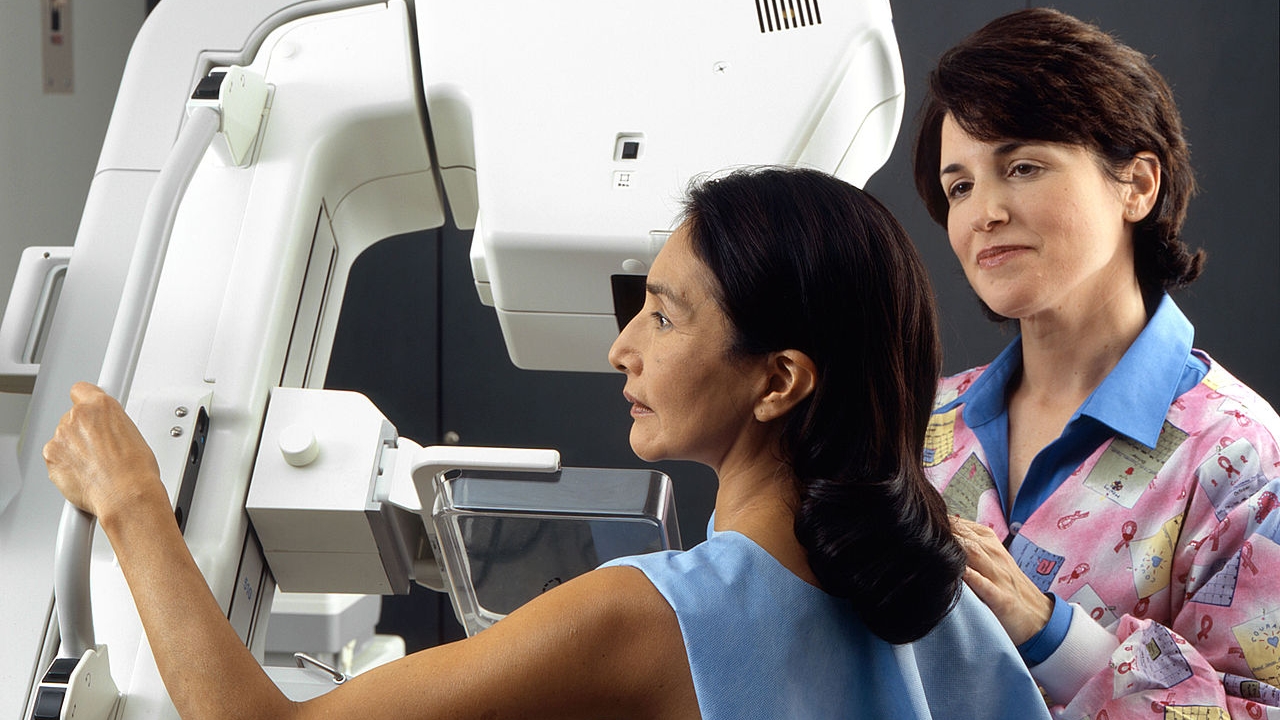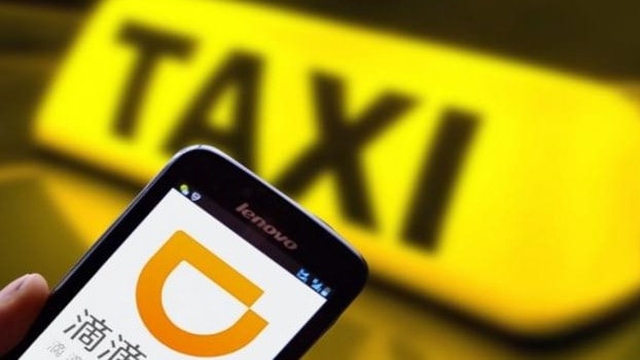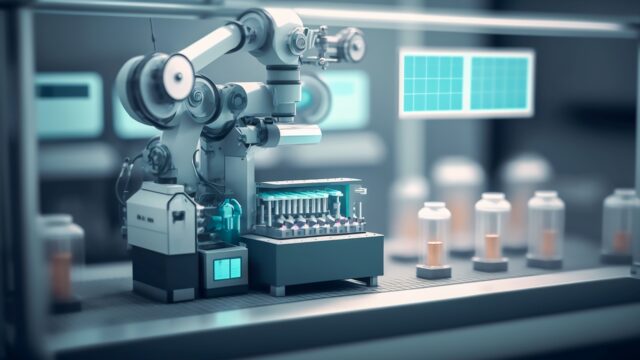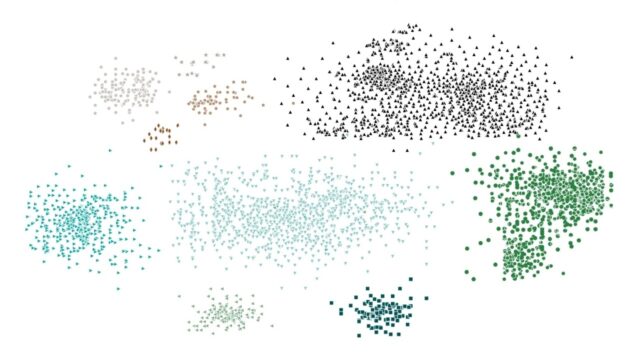
New research highlights how AI can accurately detect breast cancer
Originally posted on The Horizons Tracker.
Using AI to assess medical images has been the predominant deployment of the technology in healthcare over the last few years, with breast cancer analysis among the most popular.
The latest example of this comes from a study1 undertaken by researchers from Google, Imperial College London and Northwestern University, which showcased the ability of AI to accurately detect breast cancer in mammography images.
The system, which was trained on images from around 29,000 mammograms, was able to accurately identify cancer with a similar degree of accuracy to experienced radiologists.
“While these findings are not directly from the clinic, they are very encouraging, and they offer clear insights into how this valuable technology could be used in real life,” the authors write. “There will of course a number of challenges to address before AI could be implemented in mammography screening programmes around the world, but the potential for improving healthcare and helping patients is enormous.”
False findings
The paper highlights that around 1/8 women in the UK will be diagnosed with breast cancer during their lifetime, with this risk usually increasing with age. As with most conditions, the ability to detect problems early on provides the best chance of successful treatment.
Women aged between 50 and 71 are entitled to free mammograms via the National Health Service every three years, and despite this largely being successful in detecting cancers, they are nonetheless open to errors.
The AI-based system was trained purely on mammogram images, whereas radiologists have images alongside the medical records of each woman. Despite this apparent disadvantage, the AI system was able to perform to a comparable level of accuracy as the radiologists, and was even better at reducing the number of false positives.
As with other image assessment tools, perhaps the biggest advantage however comes in the efficiency with which assessments are made, especially in areas where the supply of radiologists may be limited, such as in rural communities. The use of AI reduced the workload of the second reviewer used in all mammography processes by up to 88%, which could reduce the time taken to triage patients successfully.
“These results highlight the significant role that AI could play in the future of cancer care. Embracing technology like this may help improve the way we diagnose cancer in the years to come,” Cancer Research UK say. “Screening helps diagnose breast cancer at an early stage, when treatment is more likely to be successful, ensuring more people survive the disease. But it also has harms such as diagnosing cancers that would never have gone on to cause any problems and missing some cancers.”
Early detection
Another study2 last year emerged from MIT’s Computer Science and Artificial Intelligence Laboratory (CSAIL), who developed a deep learning model that can predict the likelihood of breast cancer up to five years into the future.
The system was trained using mammograms from over 60,000 patients for whom the outcome was known. The idea was to train the system so that it could spot the subtle patterns in breast tissue that ultimately lead to tumors emerging.
“Rather than taking a one-size fits all approach, we can personalize screening around a woman’s risk of developing cancer,” the team explain. “For example, a doctor might recommend that one group of women get a mammogram every other year, while another higher-risk group might get supplemental MRI screening.”
The model proved to be significantly better than existing methods, and was able to accurately place 31% of all patients into the highest-risk category. Existing models are able to do so only 18% of the time. This is largely because of their focus on risk factors rather than age, which is something the medical community have largely veered away from.
Despite progress being made in these fields, the deployment of AI in healthcare remains minimal, so perhaps the biggest challenge is less showcasing the merits of the technology and more overcoming the numerous hurdles involved in actually deploying the technology at scale.
Article source: New Research Highlights How AI Can Accurately Detect Breast Cancer.
Header image source: National Cancer Institute on Wikimedia Commons, Public Domain.
References:
- McKinney, S. M., Sieniek, M., Godbole, V., Godwin, J., Antropova, N., Ashrafian, H., … & Etemadi, M. (2020). International evaluation of an AI system for breast cancer screening. Nature, 577(7788), 89-94. ↩
- Yala, A., Lehman, C., Schuster, T., Portnoi, T., & Barzilay, R. (2019). A deep learning mammography-based model for improved breast cancer risk prediction. Radiology, 292(1), 60-66. ↩






